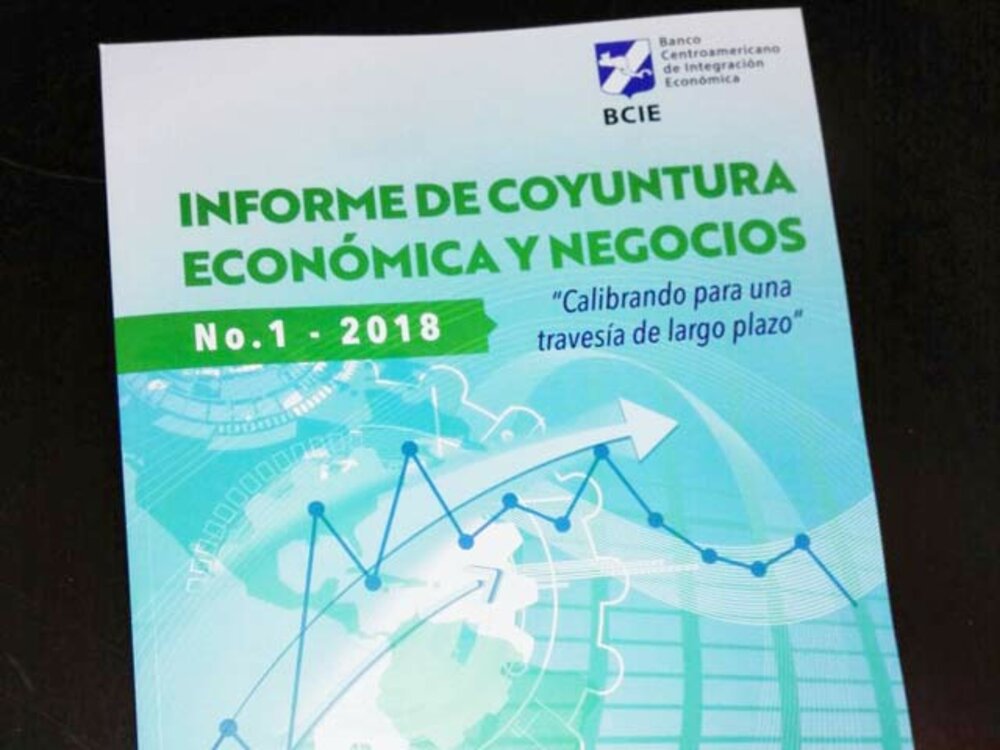ESBR: "favorable conditions to stimulate sustainable and inclusive economic growth"

CABEI analyzes growth policies in its Situation and Business Report "Calibrating for a Long-term Journey."
La Romana, April 26, 2018.- The international and regional economic context makes it possible for the Central American economies to calibrate their policy framework towards a greater stimulation of sustainable and inclusive growth to facilitate a long-term development trend. This is the central message of the Economic and Business Situation Report (EBSR) No. 1-2018, "Calibrating for a Long-term Journey," published today.
The EBSR is a periodical publication that describes international and regional economic trends and links them to the actions carried out by the Institution, within its fundamental mandate to promote the balanced economic and social development of the Central American region.
In this edition, the report indicates that the region could thrive in a balanced risk scenario at the short term. In the international context, the report highlights a generalized economic recovery, with good performance from the United States of America (USA), the region's main trading partner. This is reflected in a strengthening of international trade and job creation worldwide. On the other hand, four risk factors stand out for the region: the implementation of restrictive migration policies; protectionist trade policies; an increase in international interest rates, derived from the normalization of monetary policy in the US; and the increase in oil prices. These could negatively affect commercial, fiscal and debt positions, as well as the capacity to expand public investment in the Central American countries.
As indicated, the regional context shows that the economies of the region are stable in terms of economic growth and control of inflation. In addition, there are noteworthy new opportunities, such as the free trade agreement with the Republic of Korea. However, it is necessary to address the social demands that are most perceived in the region, such as an increase of decent employment, bridging quality gaps, coverage of basic services (health, education, transportation and security, among others), and better governance in the implementation of public policies.
The report states that this context of relative stability creates spaces of opportunity to strengthen the paradigms of development policies that enable meeting social demands, through the stimulation of potential economic growth, more inclusive and sustainable. To this end, it proposes the implementation of policies aimed at deepening regional economic integration, innovation, integration of value chains, provision of resilient and productive infrastructure, competitiveness and the generation of renewable energy. All this, plus always incorporating the transversal vision of gender and environmental sustainability. Actions aimed at these areas of intervention will contribute to bridge the social and competitiveness gaps the region faces.
Finally, to continue strengthening CABEI's relevance and positioning as a strategic partner for the development of the region, the Report compares the actions, projects and programs that could support partner countries in the implementation of these policies, in order to meet with its fundamental mandate of heeding the development needs of Central America.



